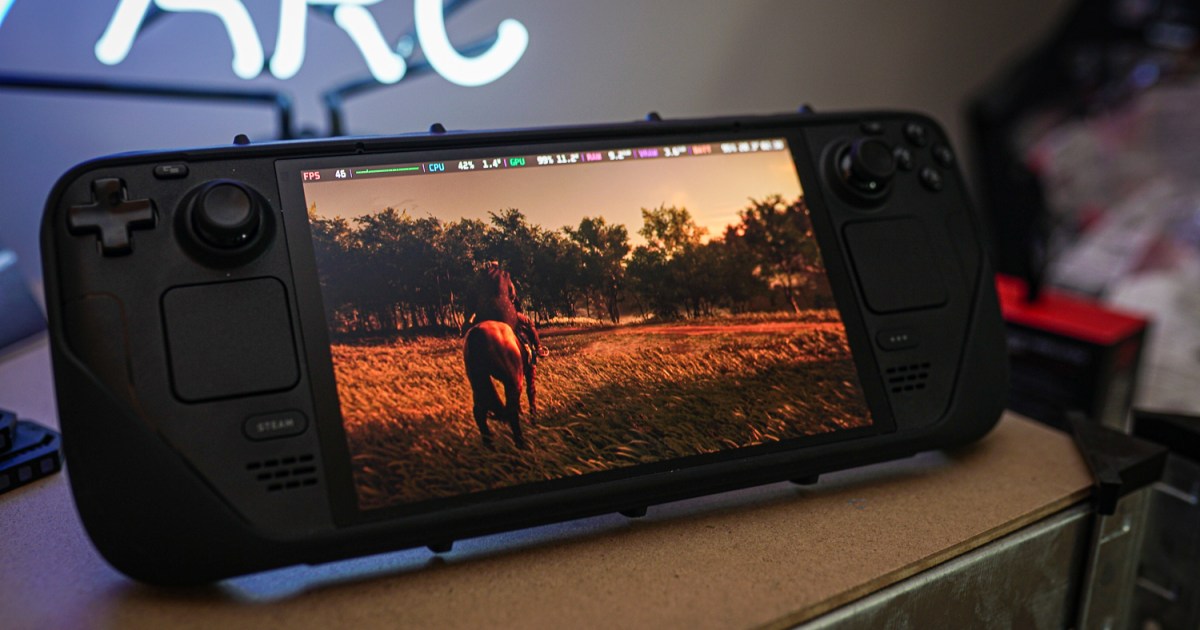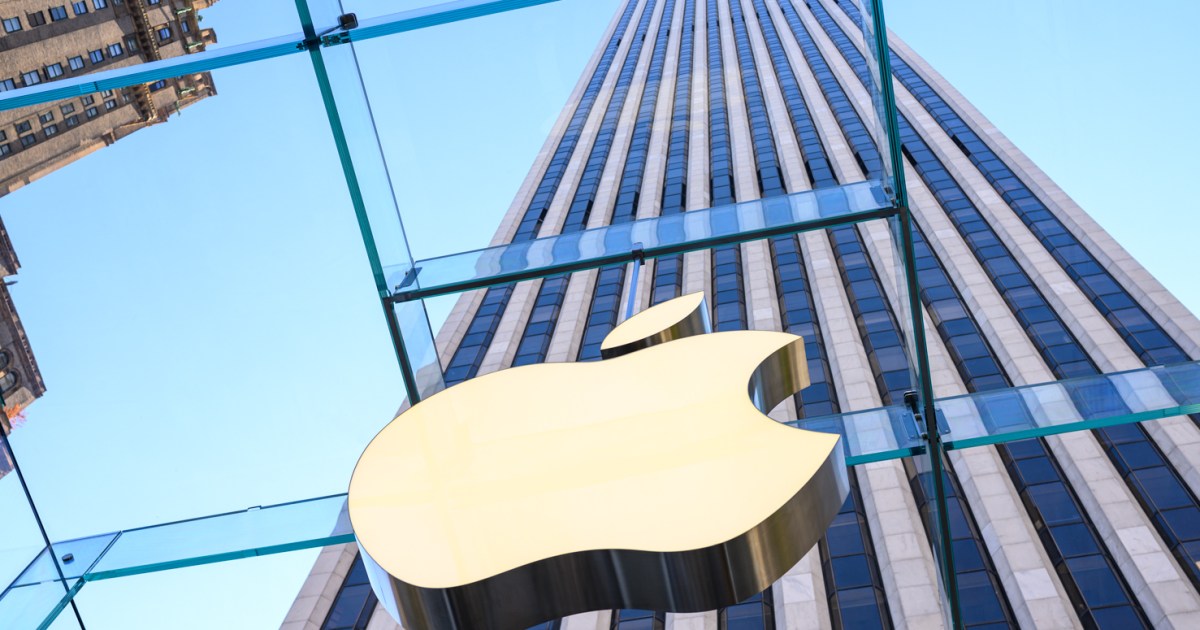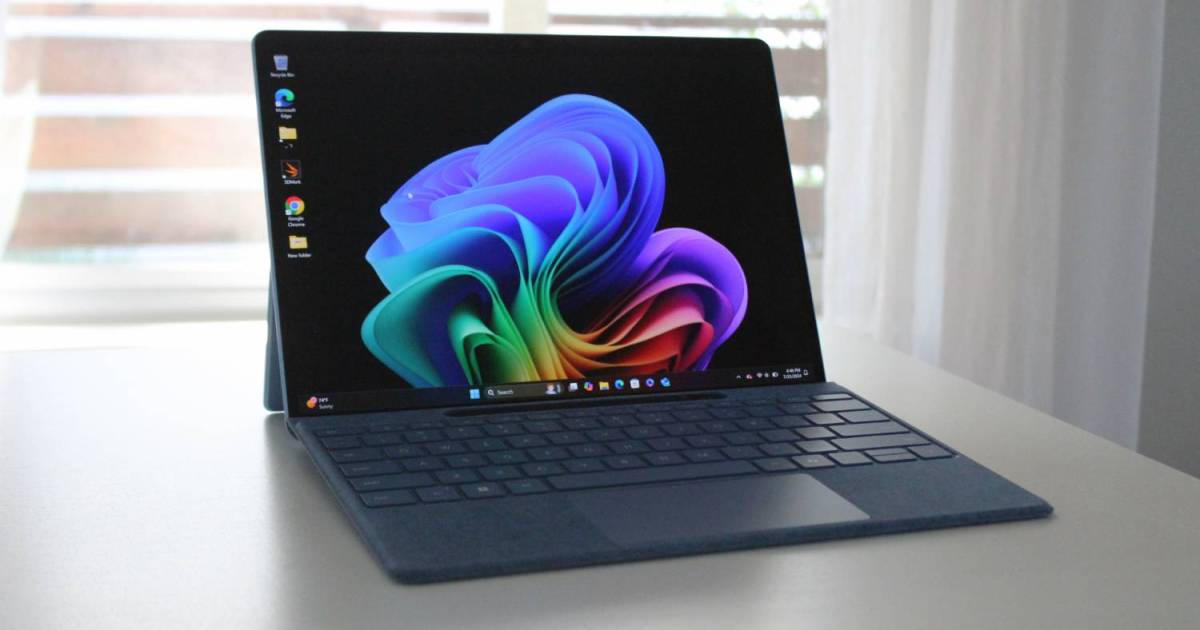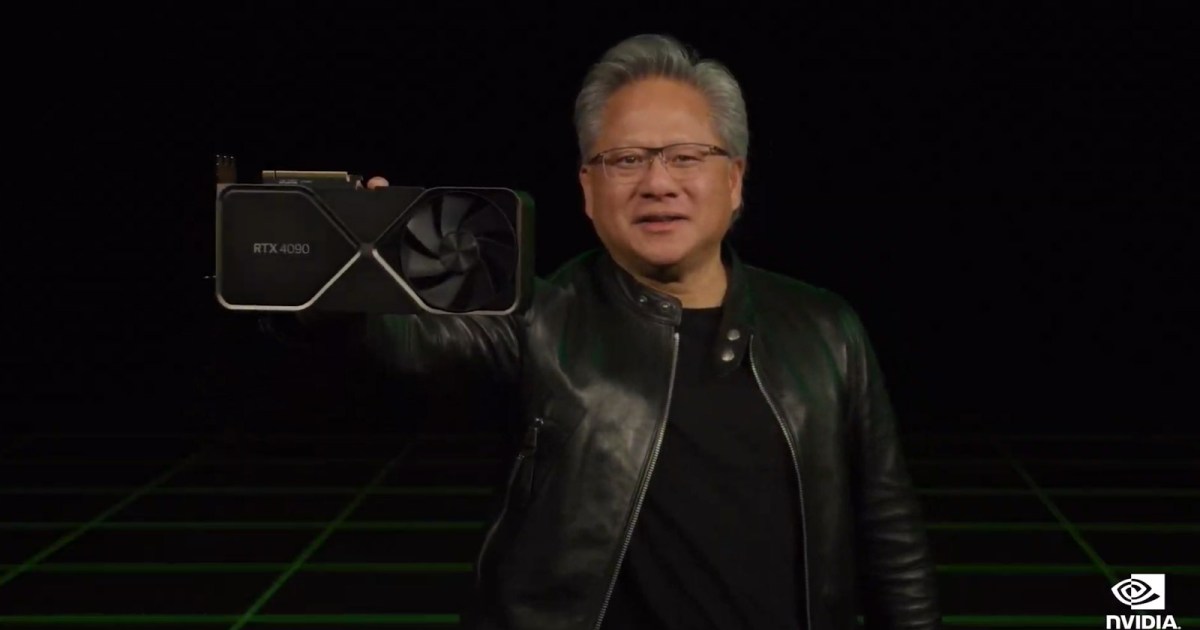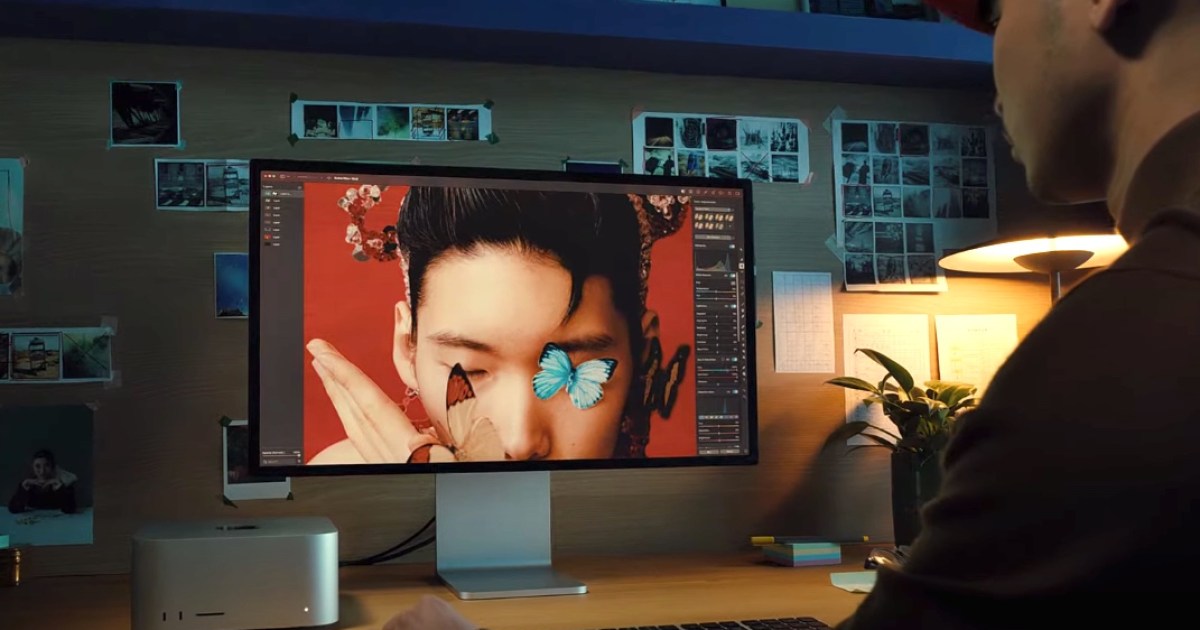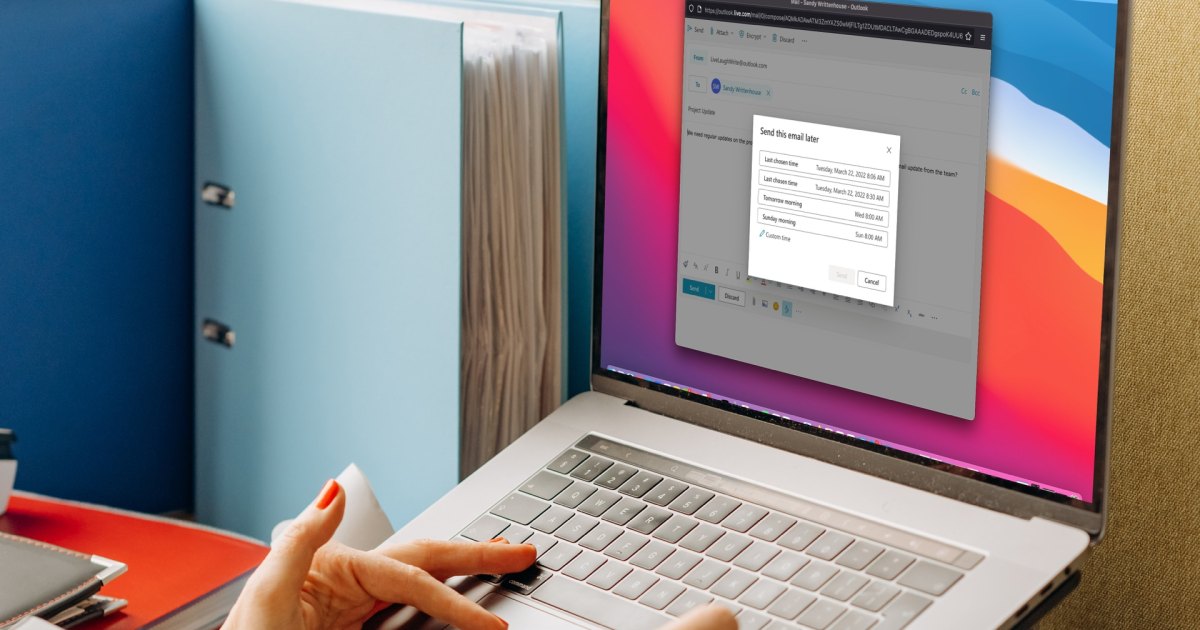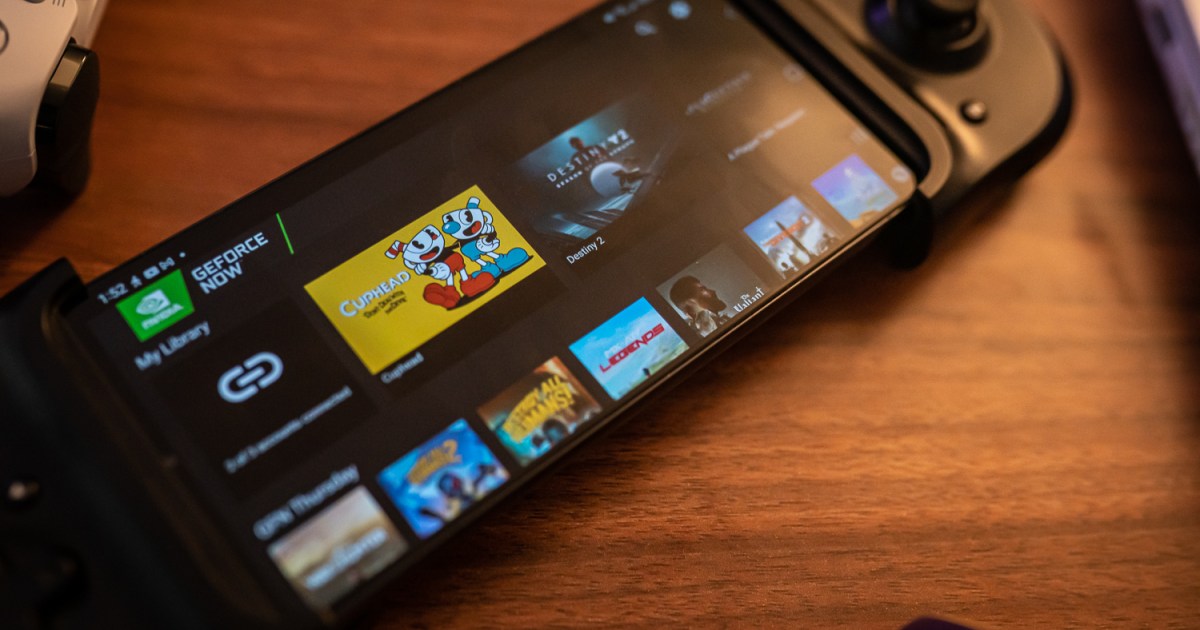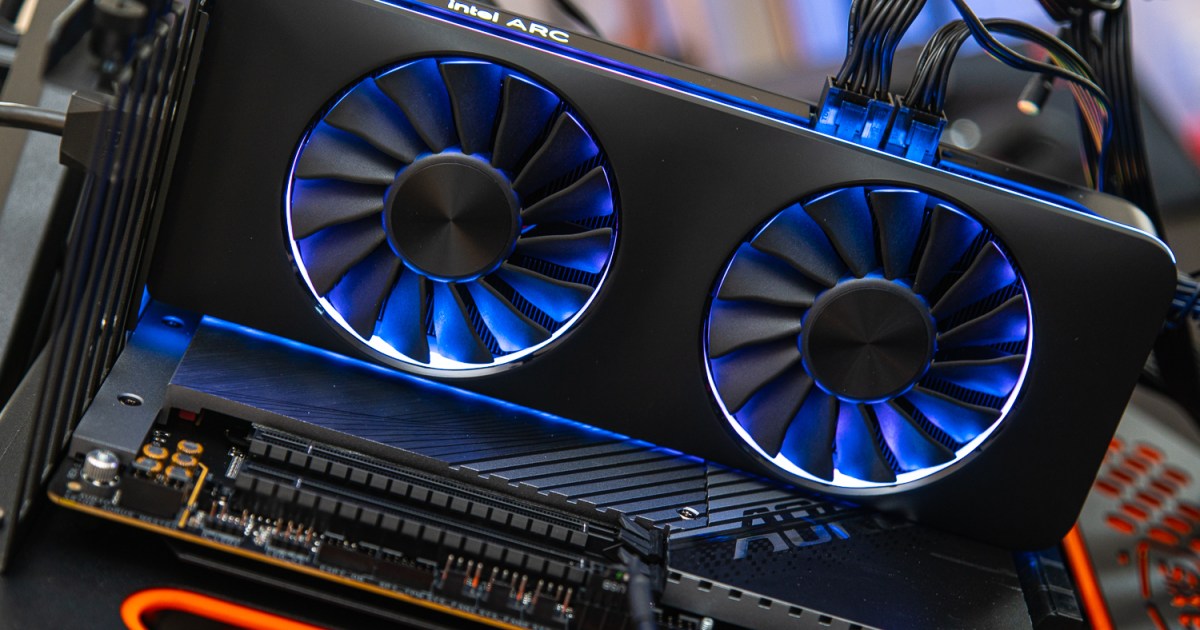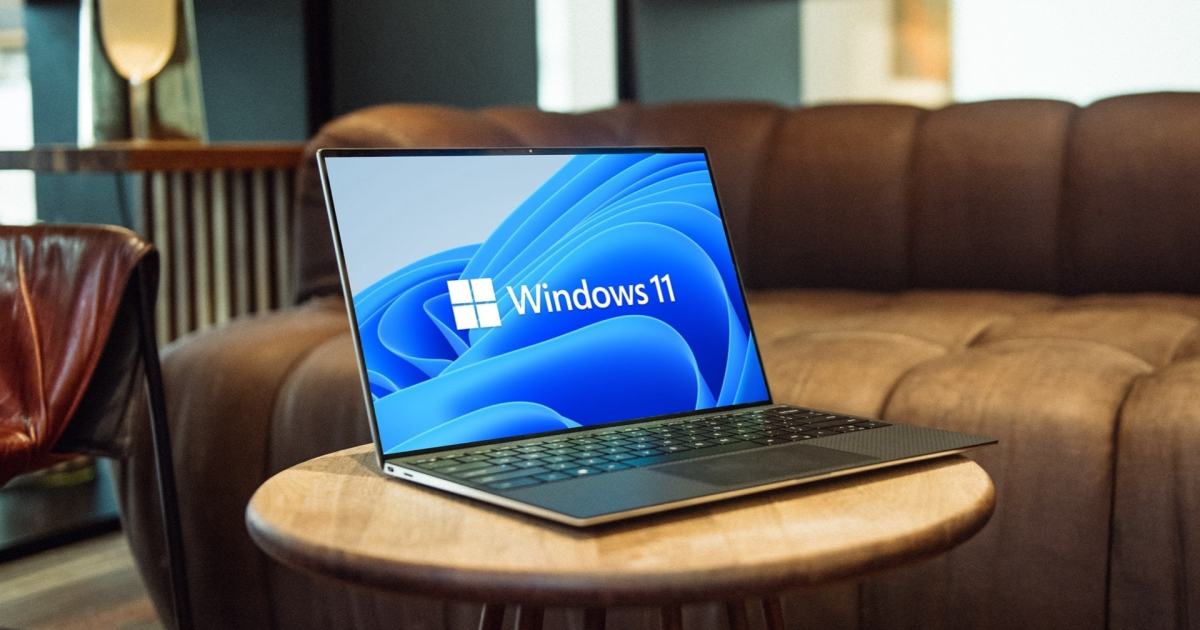Valve’s Proton compatibility layer, the cornerstone of SteamOS on the Steam Deck, has received a major update. This update not only brings numerous improvements and bug fixes, but also introduces support for Nvidia’s highly anticipated DLSS 3 Frame Generation technology.
This Proton Experimental update, released on November 12th, signifies a major step forward for Linux gaming, particularly for those using Nvidia GPUs. Previously, Linux users were unable to leverage some of the most advanced features of Nvidia’s latest graphics cards. This update changes that by enabling both DLSS 3 Frame Generation and Nvidia’s Optical Flow API, a crucial component of DLSS 3, even though the dedicated hardware has existed since the Turing generation.
Beyond DLSS 3, this update addresses issues encountered in games like Skull and Bones, Final Fantasy XVI, and Doom Eternal, along with numerous other fixes. It also extends compatibility to games such as Total War: Shogun 2, Warhammer 40K: Space Marine 2, and Sniper Elite: Nazi Zombie Army 2.
While Proton is integral to the Steam Deck, its influence extends beyond Valve’s handheld. Therefore, this update doesn’t necessarily predict the future of the Steam Deck. However, the timing is intriguing given recent developments.
Reports suggest Nvidia is developing an Arm-based PC platform combining GPU and CPU onto a single chip, slated for release next year. Currently, the handheld PC market is dominated by AMD hardware in devices like the Steam Deck and Asus ROG Ally X, with Intel also making inroads with the MSI Claw. An Nvidia-powered handheld has yet to emerge.
An Nvidia system-on-a-chip (SoC) capable of DLSS 3 Frame Generation would be a compelling prospect for handheld gaming. At the very least, the addition of DLSS 3 support in Proton offers more options for Linux gamers and paves the way for potential future Nvidia-based handhelds utilizing Proton.
It’s important to avoid jumping to conclusions. While this is a significant update, it doesn’t confirm any specific plans for the Steam Deck 2. Valve has stated they are awaiting a substantial hardware advancement before releasing a successor, and although an Nvidia chip is a possibility, there’s no current indication that Valve will depart from their partnership with AMD.



